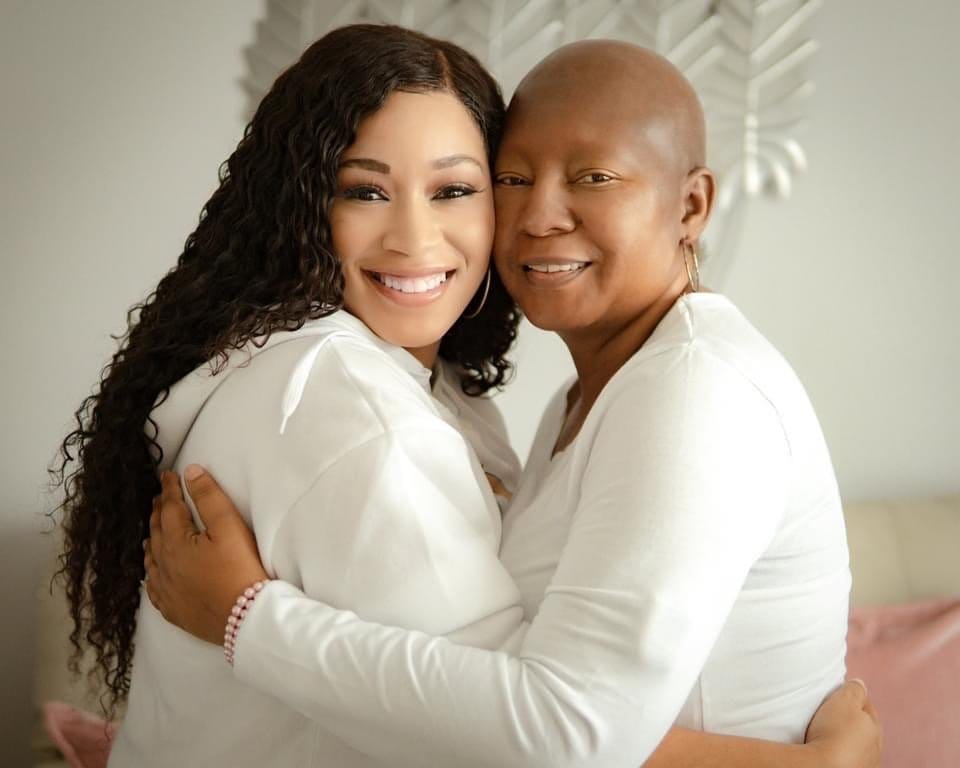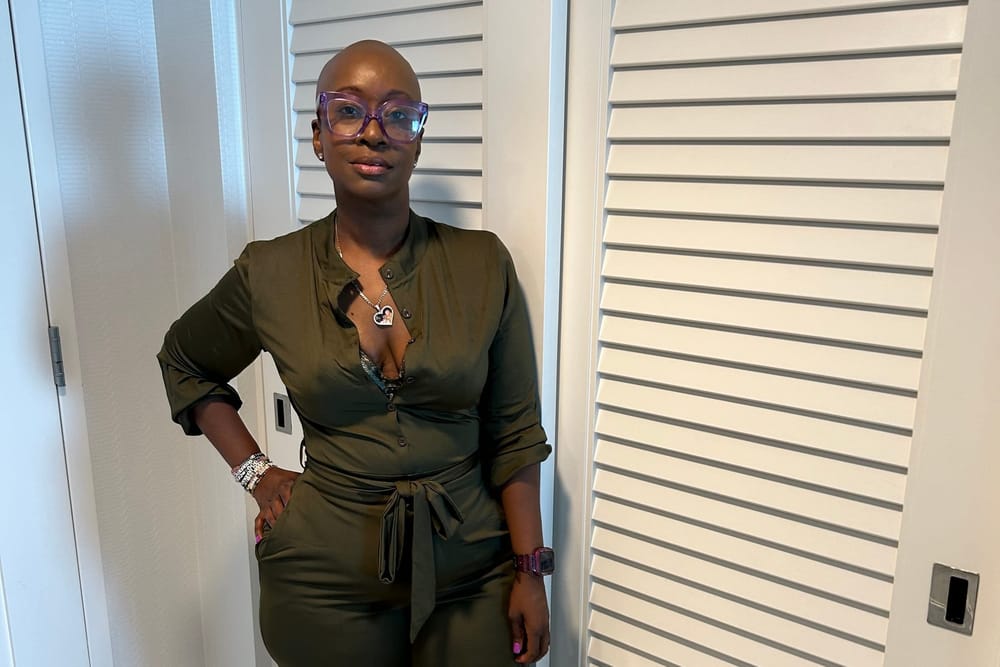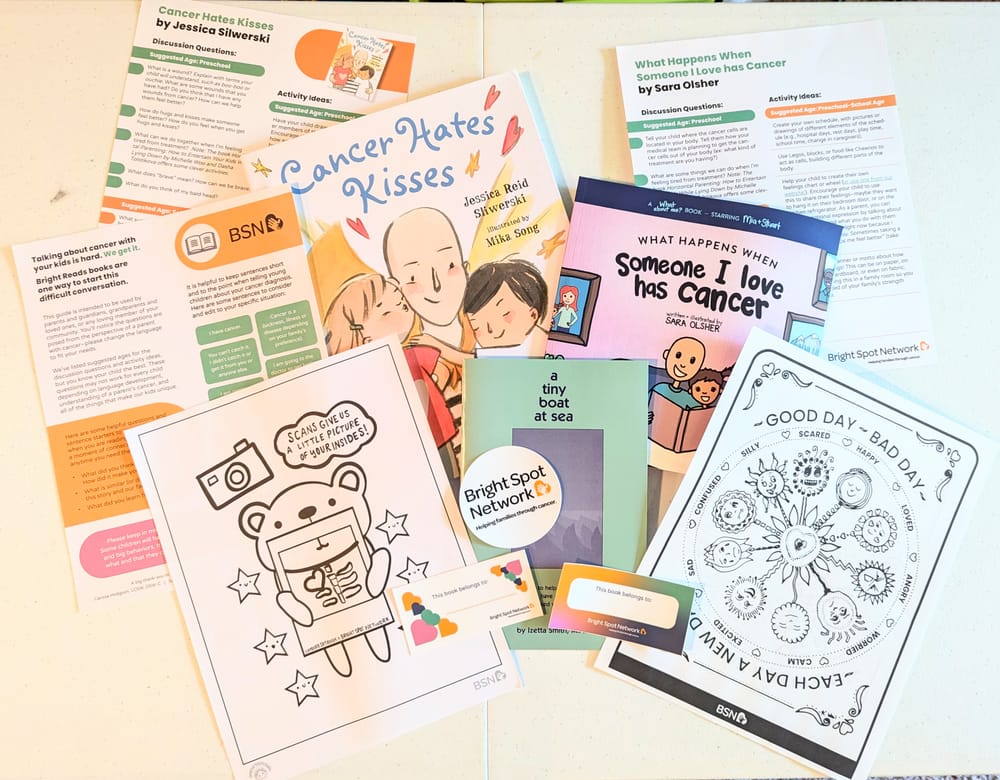
In a world where strength is often equated with invincibility, Ashley Wood's story reveals the profound burden that being strong can bear, especially for Black women. Ashley's tale is one of love, sacrifice, and the devastating consequences of hiding one's pain behind an appearance of resilience. As we dive into the heartfelt account of Ashley's mother's diagnosis of metastatic breast cancer, we uncover the collateral damage caused by delayed treatment and the enduring struggle for Black women to overcome the expectation of unwavering strength.
Ashley's mother, Yvette “Tracy” Woods, was more than just a parent; she was a pillar of support, a teacher, and a central figure in her life. Her unwavering belief in Ashley's dreams propelled her to start her own photography business, an endeavor she couldn't have pursued without her mother's encouragement and guidance. Their bond was unbreakable, built on a foundation of trust and openness.
But unbeknownst to Ashley, her mother was grappling with a hidden illness. In her role as the family matriarch, her mother, Tracy, cared for everyone, attending to the needs of her children and siblings. But beneath the surface, her health was declining. Ashley began noticing subtle changes in her mother's behavior—constant donning of tank tops and extended periods spent in the bathroom. These seemingly innocent signs were the first hints of a serious concern.
Then came the day Ashley will never forget. She stumbled upon her mother, unconscious in the kitchen. The large mass on her arm, once thought to be a "cyst," was revealed to be a tumor that had been left unchecked for far too long.
Ashley's heart ached as she wondered why her mother had chosen to bear this burden alone. Their relationship had always been open and honest, making the silence surrounding her mother's health concerns all the more bewildering. It was a painful reminder of the societal pressures faced by Black women, expected to be everything to everyone—to be the rock that supports, the nurturer that comforts, and the strength that endures.
Ashley believes the delay in diagnosis was a direct result of her mother's reluctance to burden her family. But the consequences of this decision were dire. Treatment was delayed, allowing the cancer to spread and lowering Tracy’s options for effective treatments. The news that chemotherapy might be too much for her already weakened state sent shockwaves through the family and they were forced to face the reality of a shorter life expectancy.
Yet, even in the face of such dire circumstances, Ashley's mother refused to give up hope. She insisted on going back to work, finding peace in the familiarity and routine it provided. At first, Ashley and her father, Dwayne Woods Sr., and brother, Dwayne Woods Jr., opposed this decision, fearing that it would worsen her mother's condition. But they eventually realized that work was not only a source of distraction for her, but also a lifeline—a way to maintain a little normalcy amidst the chaos of illness.

Radiation and chemotherapy became a part of their everyday lives, but as time went on, the treatments seemed to lose their effectiveness. Ashley watched helplessly as her mother's strength waned, but the love from their immediate family was stronger than ever.

Ashley was inspired by the love and support her father demonstrated to her mother, a reminder that true love is worth waiting for. Her aunt, Jennifer Barry, gave Tracy the freedom to just be a little sister without worrying about the needs of their extended family. Ashley’s brother posted scriptures above their mother’s bed frame and their family pastor made daily visits to cover their mother in prayer.
The weight of the nearing loss hung heavy in Ashley's heart as she realized her mother would never witness her walk down the aisle or hold her future grandchildren – milestones her mother had eagerly anticipated.
In her final days, Ashley's mother was admitted to hospice care. Though weakened and less communicative, she remained aware of the family members who came to visit, a testament to her enduring love and connection to them. And in her final act of trust, she bestowed upon Ashley the responsibility of planning her funeral—a heavy task that Ashley tackled with pride.
Grief, as Ashley discovered, is a deeply personal journey. Each family member copes in their own way, seeking comfort and connection in their own unique rituals and memories. For Ashley, cooking her mother’s secret recipes and continuing her mother's traditions, such as decorating multiple Christmas trees, became a way to honor her memory and feel her presence. For Ashley’s son, Randy, it was the shared love for Shark Week and the color deep blue that served as a bridge between generations, a way to keep his grandmother alive in his heart. And her love continues to drive his desire for academic success.

Ashley found joy in reflecting upon her mother's resilience and the traditional values of womanhood she embodied. Her unwavering resilience, her selflessness, and her commitment to family were qualities that shaped Ashley's own journey.
Today, Ashley lives by her mother’s simple words of wisdom, “Life is beautiful. So live it.” She emphasizes the importance of self-care and avoiding the trap of shouldering the burden alone. Her newfound eagerness to travel and to experience life to its fullest is a testament to the enduring impact of her mother’s love and support. And while the pain of her absence will always be felt, Ashley is determined to live a life that honors her mother's wishes and carries forward her spirit.
The cultural and societal expectations placed on Black women to be strong can create a barrier to accessing necessary healthcare and support. The fear of burdening loved ones, the fear of being perceived as weak, and the fear of not living up to the expectations can lead to a detrimental delay in seeking help.
Ashley's mother's story sheds light on the aftermath of delayed treatment and diagnosis of breast cancer. The importance of early detection and intervention cannot be understated. According to the American Cancer Society, when breast cancer is detected early, and is in the localized stage, the 5-year relative survival rate is 99%. By hiding her symptoms and delaying seeking medical attention, Ashley's mother inadvertently allowed the cancer to progress unchecked, robbing her of precious time with her family and potential treatment options.
In the end, Ashley's story reminds us that while the burden of being strong can be immense, the strength to overcome it lies in vulnerability, support, and the willingness to acknowledge and address our own pain. By lifting the weight of societal expectations, Black women can find the space and freedom to prioritize their health, seek help when needed, and embark on a journey of healing that honors their own strength and resilience.
In memory of Ashley's mother, Tracy, let her story be a catalyst for change—a catalyst that inspires us to reshape the narrative, support one another, and create a world where Black women can thrive not only as pillars of strength but also as individuals deserving of care, compassion, and the freedom to be vulnerable.
We want your feedback!
Did you learn something helpful or find a new resource? Tell us how we're doing by completing a short 5-question survey and get the chance to win a $25 Amazon gift card.
Take the Survey







